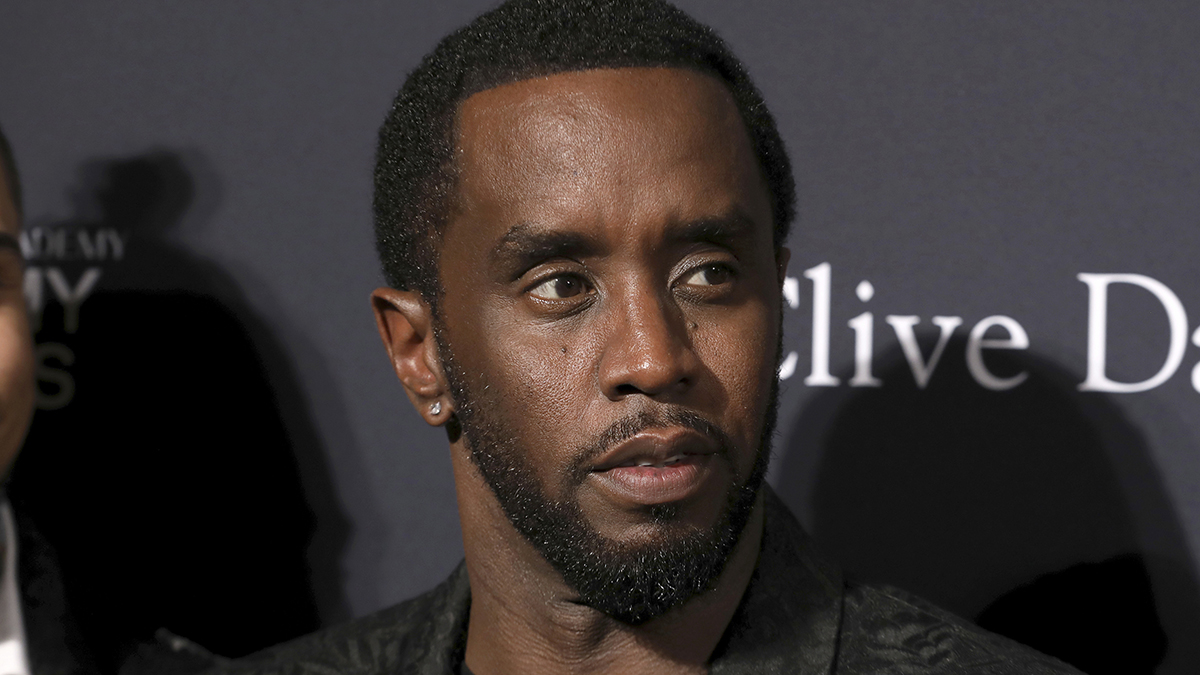Some major plot points (warning: spoilers galore ahead) in Season 2 of "The Handmaid's Tale" stretched the limits of even the willful suspension of disbelief.
Would Commander Fred really arrange a brief, incredibly risky reunion between June (aka Handmaid Offred) and her daughter?
Would the Gilead brass really leave his wife, Serena, unattended for even a minute during the couple's diplomatic mission to Canada?
Would hardened handmaid trainer Aunt Lydia really reveal vulnerability by mentioning the (presumably) long-ago death of her nephew ("It wasn't my fault.")?
Yet the show's premise – women essentially enslaved variously as baby-making machines, servants, toxic-waste diggers and Stepford Wives in a misogynistic post-America police state – held chillingly firm.
The dystopian Hulu drama heads Wednesday for a Season 2 finale potentially as explosive as the handmaid suicide bombing that rocked Gilead amid a series of crack-exposing emotional ruptures.
The season, which took the story past the ending of Margaret Atwood's classic 1985 novel, has brimmed with moments by turns heart-stopping and heartbreaking.
June's escape ratcheted up the suspense, as she hid in the old Boston Globe headquarters, the site of a massacre of journalists, and came tantalizingly close to taking off on a plane to Canada.
A mock mass hanging of handmaids at Fenway Park in the opening episode and the drowning execution of Romeo-and-Juliet-like runaway lovers Eden and Isaac in the latest installment, raised the horrors of Gilead to new levels of cruelty.
Flashbacks gave us more of Serena and June's backstories, adding depth to their increasingly complex, fraught and deceivingly symbiotic relationship. Caught in the middle is a newborn girl, called “Nicole” by Serena and Fred – and secretly dubbed “Holly” by her true mother, June.
The subtly of the ever-shifting power dynamics are aided by great performances from, among others, Yvonne Strahovski (Serena), Joseph Fiennes (Fred), Ann Dowd (Aunt Lydia), Madeline Brewer (Janine) and Max Minghella (Nick, likely the father of Nicole/Holly). Bradley Whitford made an intriguing debut in the most recent installment as Commander Lawrence, the eccentric “economic architect” of Gilead who took in the defiant handmaid Emily (Alexis Bledel).
Leading the pack is Elisabeth Moss (June), whose solo birthing scene alone in Episode 11 should make her a lock for a second straight Emmy.
The same could be said for the harrowing sequence in which Serena helps her husband rape June in a bid to induce labor. Or for Moss' portrayal of June's brief reunion with – and wrenching separation – from her elder daughter.
The scene packed all the more power for its timing – as does larger the series' larger depiction of the oppression of women throughout a seemingly once-familiar land.
U.S. & World
The day's top national and international news.
Some curious out-of-character moments might prove a distraction as the strong writing team navigates beyond Atwood's prose. But that's a quibble. No other current show succeeds like "The Handmaid's Tale" in making the unfathomable frighteningly real.
Hester is Director of News Products and Projects at the City University of New York Graduate School of Journalism. He is also the author of "Raising a Beatle Baby: How John, Paul, George and Ringo Helped us Come Together as a Family." Follow him on Twitter.



